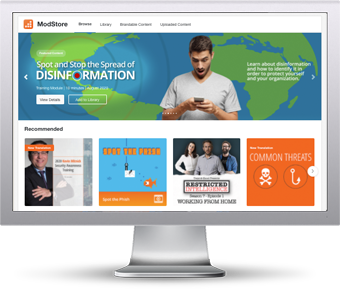 In a groundbreaking move, Italy has imposed a ban on the widely popular AI tool ChatGPT. This decision comes in the wake of concerns over possible misinformation, biases and the ethical challenges AI-powered technology presents. The ban has sparked a global conversation, with many speculating whether other countries will follow suit.
In a groundbreaking move, Italy has imposed a ban on the widely popular AI tool ChatGPT. This decision comes in the wake of concerns over possible misinformation, biases and the ethical challenges AI-powered technology presents. The ban has sparked a global conversation, with many speculating whether other countries will follow suit.
As reported by BBC News, Italy's decision stems from concerns relating to the tool's potential to propagate false information and the lack of transparency in its underlying models. This development has rekindled the debate around the pros and cons of accelerating AI's progression.
A recent Reuters article shed light on the differing perspectives of luminaries like Elon Musk and AI experts, who urge for a cautious approach in developing AI systems beyond GPT-4. While AI has the potential to revolutionise industries, improve productivity and facilitate innovation, its potential drawbacks are equally concerning.
Pros and Cons of Slowing AI Development
Pros:
- Mitigating Risks: By slowing AI development, researchers and policymakers can better analyse and address the inherent risks, including security vulnerabilities and potential biases.
- Setting Ethical Standards: A more measured approach allows for the development and implementation of ethical guidelines and frameworks to regulate AI applications.
- Public Trust: Taking a cautious stance fosters public trust by ensuring technology serves the greater good and minimises unintended, harmful consequences.
Cons:
- Stifling Innovation: Slowing AI development can hinder technological advancements and thwart groundbreaking discoveries in various fields, including healthcare, climate change and more.
- Competitiveness: Countries and companies might lose their competitive edge in the global market if they fail to keep pace with advancements in AI technology.
- Job Creation: Innovations in AI have the potential to create new employment opportunities, which could be suppressed with slow development.
The concerns over ChatGPT pose a critical question: How can the AI community strike a balance between reaping the benefits of AI advancements while addressing ethical concerns?
One viable solution is to advocate for rigorous ethical reviews and emphasise transparency in AI models. This would lower the risk of inherent biases and ensure the technology upholds foundational ethical principles.
As we speculate what the future may hold for AI, its implications on jobs and technology at large cannot be ignored. While AI has the potential to streamline processes, boost efficiency and revolutionize industries, it also bears the risk of displacing human jobs. Navigating this delicate balance remains a daunting challenge.
Ultimately, striking the right equilibrium requires collaboration between governments, tech companies and the AI research community. By working in unison and embracing a proactive and transparent approach, the AI landscape can be harnessed to maximise benefits while minimising risks.
 The ModStore Preview includes:
The ModStore Preview includes:




